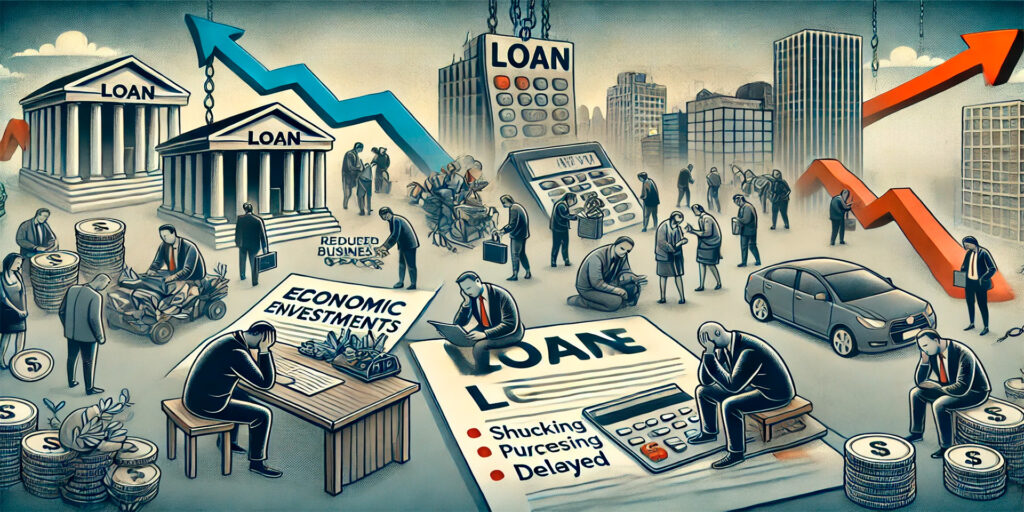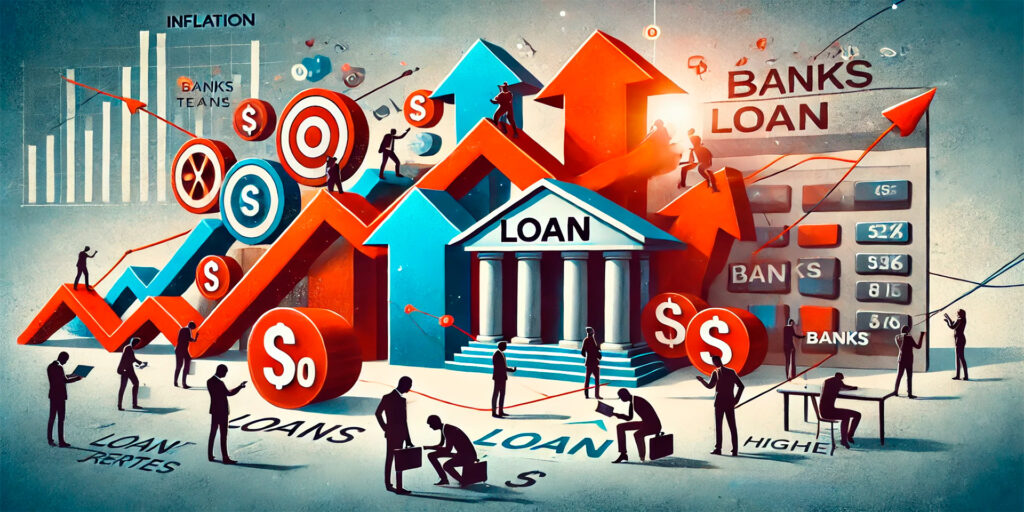Balancing Risk and Reward with Government Bonds and Fixed-Income Securities
Government lending programs have become a cornerstone in shaping modern investment strategies across a variety of financial markets, from stocks to mortgage-backed securities. These lending programs are designed to support economic growth, stabilize financial markets, and provide liquidity during times of uncertainty. For investors, understanding the role of government lending in today’s financial landscape is essential to creating robust, diversified portfolios.




